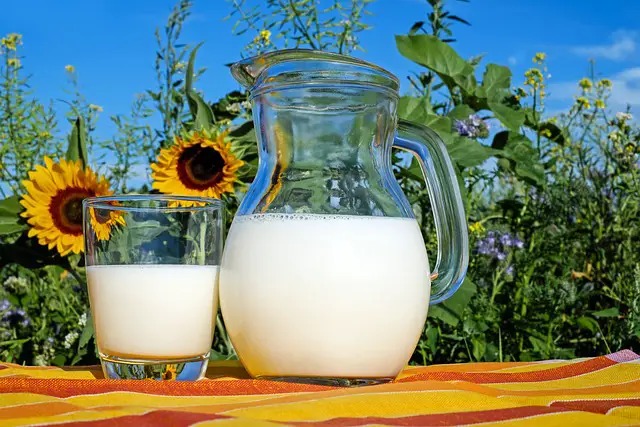When it comes to feral cat nutrition, there are a lot of misconceptions out there. For example, one common question is whether or not feral cats can have milk. So, can feral cats have milk? Let’s take a look.
Can feral cats have milk?
According to most experts, the answer is no. Feral cats are typically born and raised in the wild without human contact. As a result, they are not used to drinking milk and cannot often digest it properly.
Milk is also a source of calories, and feral cats typically have a lean diet. For these reasons, experts generally advise against giving milk to feral cats.
However, there are some exceptions. For example, if a feral cat is very young or injured, it may be unable to hunt for food. In these cases, milk can provide essential nutrients and calories.
Similarly, if a feral cat is suffering from dehydration, milk can help to rehydrate the body.
Overall, the best way to care for a feral cat is to leave it alone and let it fend for itself in the wild.
However
Some feral cats will consume milk without any problems, while others will develop digestive issues like diarrhea or vomiting if they consume even a tiny amount of milk.
This difference is because some cats are lactose intolerant while others are not. Lactose intolerance is caused by a lack of the enzyme lactase, which is responsible for breaking down lactose—a type of sugar found in milk—into glucose and galactose so that it can be absorbed into the bloodstream.
Feral Cat Diet
Feral cats are obligate carnivores, which means their bodies are designed to digest and process meat. In the wild, the diet of a feral cat consists primarily of small prey animals like rodents, birds, and reptiles.
This diet is relatively low in carbohydrates and high in protein and fat. While domestic cats can survive on a diet of dry kibble, it is not an ideal food for them.
Kibble is high in carbohydrates and low in protein, which can lead to health problems like obesity and diabetes. It is also important to note that feral cats do not typically drink water regularly. Instead, they get most of their moisture from the prey they eat.
For this reason, it is essential to provide feral cats with a diet that includes wet and dry food to ensure they stay hydrated.
Domesticated cat diet
On the other hand, domesticated cats typically eat a diet that is higher in carbohydrates and lower in protein and fat. This is because most commercial cat food uses plant-based ingredients like grains, fruits, and vegetables.
While domestic cats can technically survive on a diet of plant-based ingredients, they are not as efficient at digesting and processing these nutrients as they are at digesting and processing meat. As a result, a diet that is too high in carbohydrates can lead to health problems like obesity and diabetes in domestic cats.
Conclusion
In conclusion, feral cats can have milk, but it’s essential to keep an eye on them for any digestive issues that may arise since some feral cats are lactose intolerant. Please get in touch with your local animal shelter or veterinarian for assistance if you have any further questions about feral cat nutrition or want more information about how to care for a feral cat.
[su_box title=”Affiliate Disclosure”]This website is supported by its readers. Please assume that all links are affiliate links. If you make a purchase from one of the links we will make a commission from Amazon. Thank you.[/su_box]




